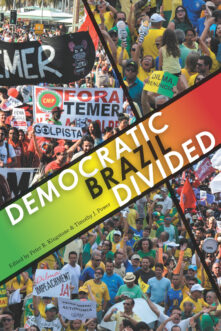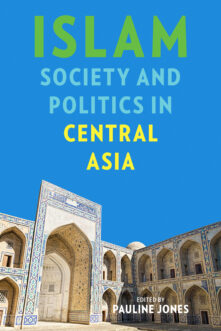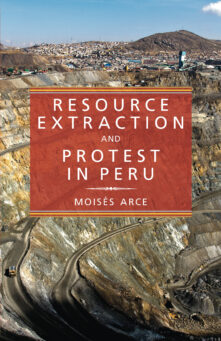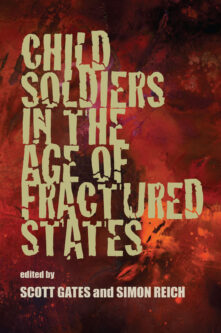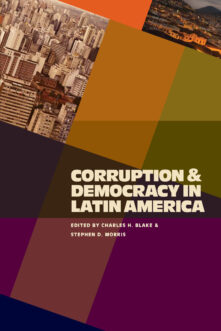Political Science / General
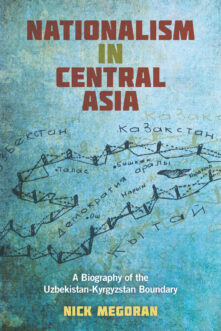
Nationalism in Central Asia
A Biography of the Uzbekistan-Kyrgyzstan Boundary
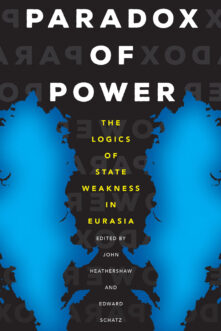
Paradox of Power
The Logics of State Weakness in Eurasia
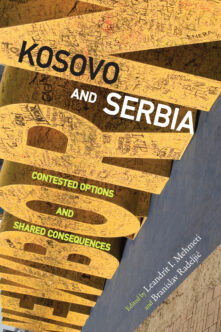
Kosovo and Serbia
Contested Options and Shared Consequences
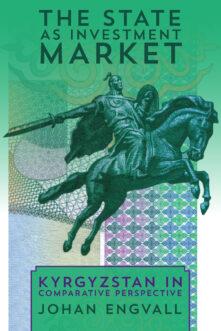
The State as Investment Market
Kyrgyzstan in Comparative Perspective
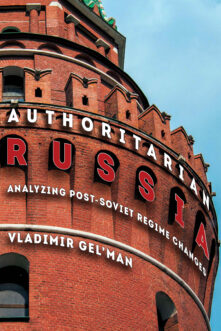
Authoritarian Russia
Analyzing Post-Soviet Regime Changes
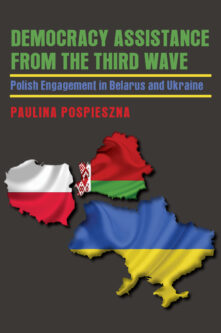
Democracy Assistance from the Third Wave
Polish Engagement in Belarus and Ukraine
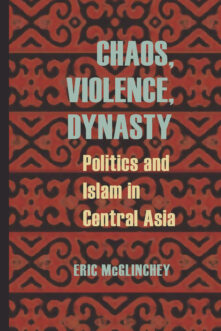
Chaos, Violence, Dynasty
Politics and Islam in Central Asia
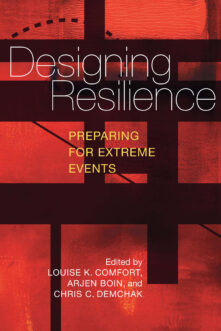
Designing Resilience
Preparing for Extreme Events
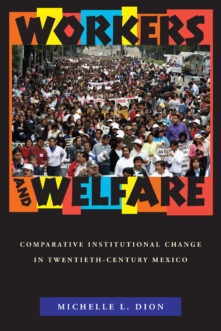
Workers and Welfare
Comparative Institutional Change in Twentieth-Century Mexico
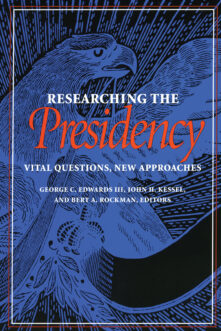
Researching the Presidency
Vital Questions, New Approaches
Total 72 results found.


